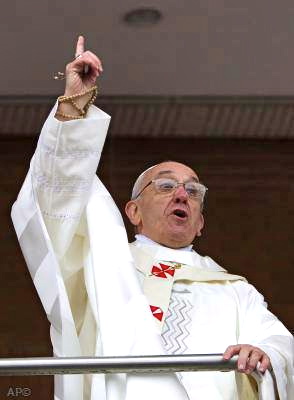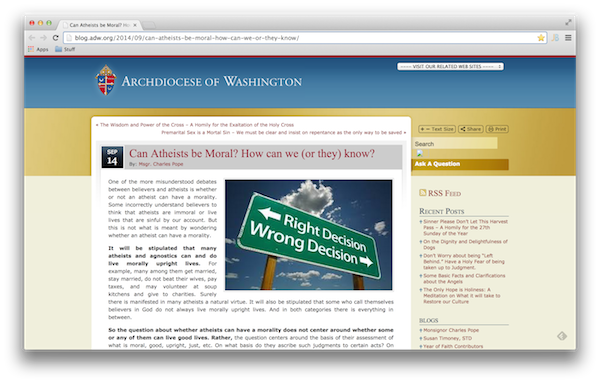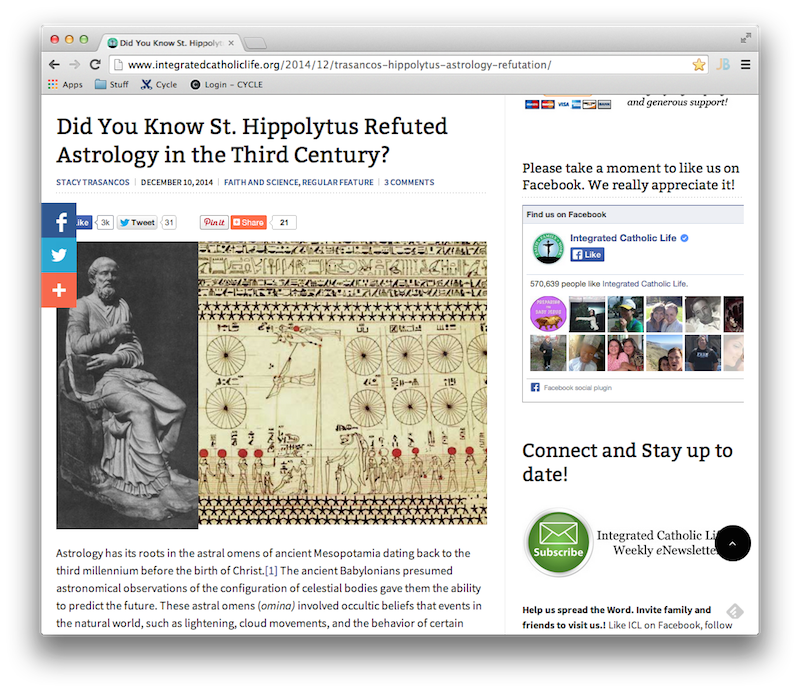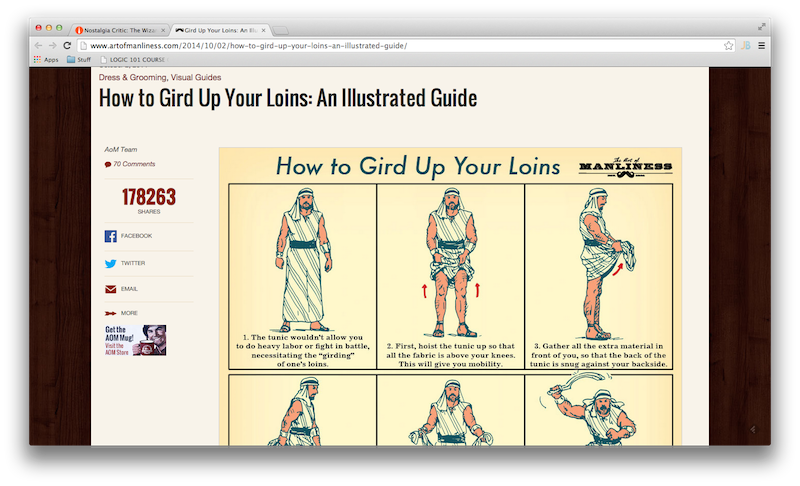When West meets East

 This is one of the many reasons I love Pope Francis. A while ago, back when the Pope was visiting Rio de Janiero, the public saw the pope wearing something around his right wrist.
This is one of the many reasons I love Pope Francis. A while ago, back when the Pope was visiting Rio de Janiero, the public saw the pope wearing something around his right wrist.
This series of beads is known as “chotki” or “komboskini”. It is a prayer rope, much like a rosary, whose invention is typically attributed to St. Pachomius in the fourth century and is still used today by eastern Christians, both Eastern Orthodox and Catholic.
One prays by the chotki by reciting “The Jesus Prayer” on each bead/knot:
“Lord Jesus, Son of God, have mercy on me, a sinner”
Although typically 100 beads, they can vary. There are also sometimes additional beads with invocations of Mary (“The Theotokos“).
One of the first things I noted reading Pope Francis’ bio upon being a elected Pope was that he had strong connections to Eastern Christianity. It’s great to see him exposing the West to more of what the East has to offer 🙂


 Today I wanted to talk about an apologetic strategy I use a lot: asking questions. You see, regardless of the topic, be it abortion, Christianity or Catholicism, there is always the temptation to spend most of your time telling someone what they should believe. People are rarely very receptive to being told. When I’m in that mode, it becomes very easy for me to become pompous and prideful. Questions help prevent this.
Today I wanted to talk about an apologetic strategy I use a lot: asking questions. You see, regardless of the topic, be it abortion, Christianity or Catholicism, there is always the temptation to spend most of your time telling someone what they should believe. People are rarely very receptive to being told. When I’m in that mode, it becomes very easy for me to become pompous and prideful. Questions help prevent this. Whenever someone is struggling with a family member in some way, Catholic friends will often make mention of of St. Monica..but who was she?
Whenever someone is struggling with a family member in some way, Catholic friends will often make mention of of St. Monica..but who was she?

 A couple of months ago a reader mentioned David Bentley Hart, an Eastern Orthodox Christian philosopher. I’ve been listening to his lectures online and been quite enjoying them:
A couple of months ago a reader mentioned David Bentley Hart, an Eastern Orthodox Christian philosopher. I’ve been listening to his lectures online and been quite enjoying them: